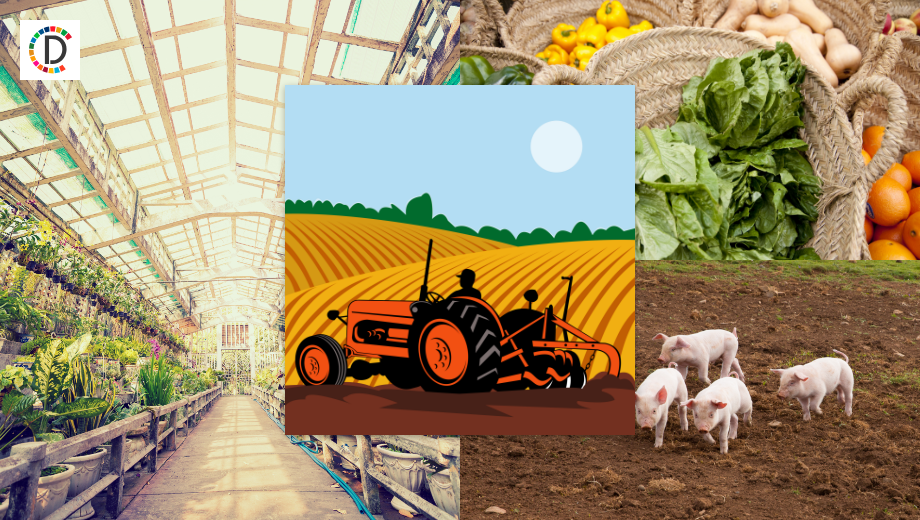Brazil's Coffee Crisis: Drought Threatens Future Harvests
Silvio Almeida's coffee plantation is facing severe challenges due to Brazil's worst drought in over 70 years. Along with rising temperatures, the drought is impacting coffee production, leading to a lower harvest and increasing global coffee prices. Uncontrolled wildfires have further exacerbated the situation, devastating farmland and livelihoods.

- Country:
- Brazil
Silvio Almeida's coffee plantation on a Brazilian hillside, which benefits from clay-rich soil and optimal rainfall retention, is facing unprecedented challenges. Almeida's modest farm in São Paulo state's Caconde has been hit hard by a severe drought, reducing his harvest from the expected 120 sacks of coffee beans to just 100.
Brazil, the world's largest coffee producer, is enduring its worst drought in over seven decades, coupled with rising temperatures. This has affected not only Almeida's farm but also the nation's overall coffee production. Brazilian coffee harvests remained flat this year, but predictions for the 2025/2026 season are bleak. As Vietnam, the second-biggest coffee producer, also faces climate adversities, global coffee prices are surging.
Experts like Felippe Serigati from the Getulio Vargas Foundation are closely monitoring these conditions, noting that adverse weather will likely result in smaller coffee harvests and higher prices for arabica and robusta beans. Meanwhile, wildfires, exacerbated by the drought, have ravaged farms including Almeida's, affecting hundreds of hectares and causing severe financial losses for farmers. Despite the devastation, smallholders like João Rodrigues Martins remain resilient, driven by faith and determination.
(With inputs from agencies.)










